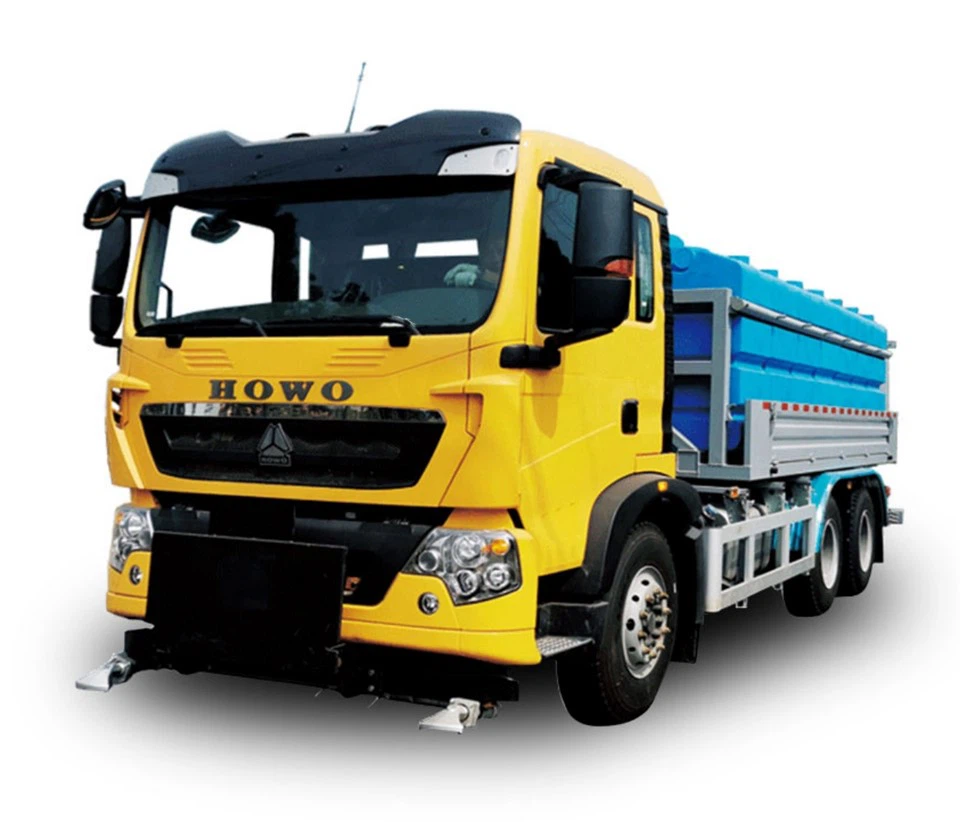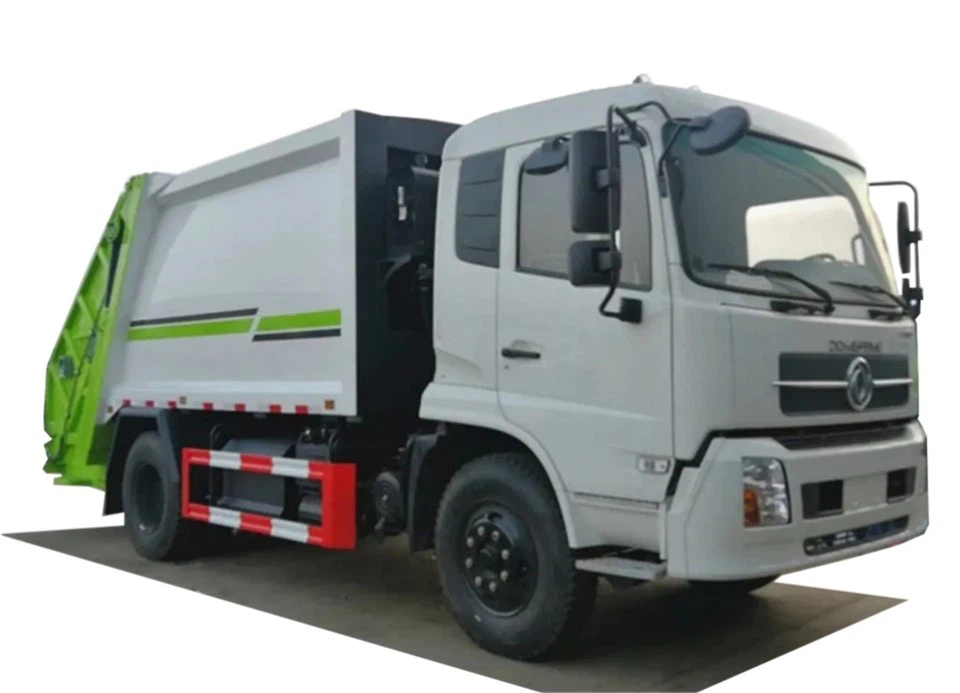Sewer Pump Trucks for Sale: Your Complete Guide

When it comes to dealing with wastewater and sewage management, having the right equipment is crucial. Sewer pump trucks are essential for municipalities, contractors, and waste management companies that require reliable and efficient means to handle sewage and drainage tasks. This comprehensive guide covers everything you need to know about sewer pump trucks for sale, including types, features, pricing, and tips for making an informed purchase.
Understanding Sewer Pump Trucks
Sewer pump trucks are specialized vehicles designed for transporting and disposing of wastewater and other forms of liquid waste. Equipped with large tanks and powerful pumps, these trucks play a crucial role in maintaining sanitation and hygiene in urban and rural communities alike.
Key Components of Sewer Pump Trucks
Tank
The tank is the primary component of a sewer pump truck. It is responsible for holding the wastewater before it is transported to a treatment facility. Tanks can range in capacity from 500 to 3,000 gallons, depending on the size and purpose of the truck.
Pump System
The pump system is critical for transferring liquids from one location to another. Most sewer pump trucks use diaphragm or centrifugal pumps to achieve this. Understanding pump capacity and efficiency is essential when selecting a truck.
Vacuum System
A vacuum system is often integrated into sewer pump trucks to aid in sucking sewage from underground tanks or pits. This feature significantly enhances the truck’s capabilities, making it versatile for various waste management tasks.
Types of Sewer Pump Trucks
1. Vacuum Tank Trucks
Vacuum tank trucks are designed specifically for liquid waste collection. They are equipped with large vacuum pumps that create a suction to draw in waste efficiently.

2. Combination Trucks
Combination trucks feature both vacuum and jetting capabilities. They can effectively suction waste and simultaneously clean sewer lines using high-pressure water jets.
3. Septic Tank Trucks
Septic tank trucks are specialized vehicles used to empty septic tanks, grease traps, and interceptors. These trucks are designed with capabilities to handle solids and liquids effectively.
4. Portable Restroom Service Trucks
These trucks are specifically designed to service and transport portable restrooms. They often include features for cleaning and disinfecting units on-site.
Features to Look for When Buying a Sewer Pump Truck
Capacity
Choose a truck capacity that fits your specific needs—larger capacities mean fewer trips but may be cumbersome in tight spaces.
Build Quality
Look for durable materials and robust construction, as sewer pump trucks often work in harsh environments.
Pump Power
Evaluate the pump’s GPM (gallons per minute) rating to ensure it can handle your waste management tasks efficiently.
Certifications
Ensure that the truck meets local regulations and safety certifications to avoid potential legal issues.
New vs. Used Sewer Pump Trucks
Pros and Cons of Buying New
- Pros:
- Latest technology and features
- Full warranty coverage
- Customizable options available
- Cons:
- Higher initial investment
- Depreciation value drops quickly

Pros and Cons of Buying Used
- Pros:
- Lower purchase price
- Less depreciation
- Cons:
- Potential hidden repairs needed
- Limited or no warranty
Where to Buy Sewer Pump Trucks
Dealerships
Visiting a dealership provides the opportunity to inspect the trucks in person and discuss financing options. Many dealers also offer service plans for maintenance.
Online Marketplaces
Websites like eBay, Craigslist, and specialized heavy equipment platforms often list used sewer pump trucks for sale. Always verify the seller’s reputation and request detailed information about the truck.
Auction Houses
Participating in auctions can be a way to purchase sewer pump trucks at lower prices, but be cautious of bidding wars and ensure you understand the auction terms.
Pricing for Sewer Pump Trucks
Factors Influencing Prices
- Type of truck
- Age and condition
- Features and attachments
- Brand reputation
Price Ranges
| Type of Truck | Price Range |
|---|---|
| New Vacuum Tank Truck | $100,000 – $250,000 |
| Used Vacuum Tank Truck | $30,000 – $80,000 |
| Combination Truck | $150,000 – $300,000 |
| Septic Tank Truck | $50,000 – $150,000 |
| Portable Restroom Service Truck | $25,000 – $60,000 |
Tips for Maintaining Your Sewer Pump Truck
Regular Inspections
Conduct regular inspections to check the condition of the tank, pumps, and hoses. Address any signs of wear and tear immediately.
Fluid Maintenance
Ensure that hydraulic fluid, oil, and other essential fluids are regularly checked and replaced as needed. This helps in prolonging the life of your pump truck.
Cleansing the Tank
After each use, ensure that the tank is cleaned properly to prevent sludge buildup. Regular cleaning minimizes odors and bacterial growth.
Understanding Regulations and Permitting
Local Regulations
Learn about local sewage handling regulations, as they can vary greatly. Non-compliance may result in hefty fines.
Permits Needed
Depending on your area, you may need specific permits to operate a sewer pump truck. Check with your local government about the requirements.
Hiring vs. Purchasing a Sewer Pump Truck
Benefits of Hiring
- Lower upfront costs
- No maintenance responsibilities
- Access to the latest models without long-term commitment
Drawbacks of Hiring

- Recurring rental costs
- Possible availability issues during peak times
- Limited customization options
Frequently Asked Questions (FAQ)
1. What is the average lifespan of a sewer pump truck?
The average lifespan of a sewer pump truck ranges from 10 to 15 years, but it can vary depending on maintenance and usage.
2. How often should a sewer pump truck be serviced?
A sewer pump truck should be serviced at least once a year or more frequently if it is used heavily.
3. Can I use a sewer pump truck for other liquids?
While sewer pump trucks are designed for wastewater, they can also handle other liquids. However, it’s important to check local regulations on transporting various substances.
4. Is financing available for purchasing a sewer pump truck?
Yes, several dealerships and financial institutions offer financing options for purchasing sewer pump trucks. Ensure you compare interest rates and terms.
5. What are the signs that I need a new sewer pump truck?
Signs include frequent breakdowns, reduced pumping efficiency, and increasing repair costs. If maintenance costs exceed the value of the truck, it may be time to consider a new purchase.
6. Do I need special training to operate a sewer pump truck?
Yes, operators should receive proper training to ensure safe and efficient use of the equipment, especially regarding hazardous materials handling.
